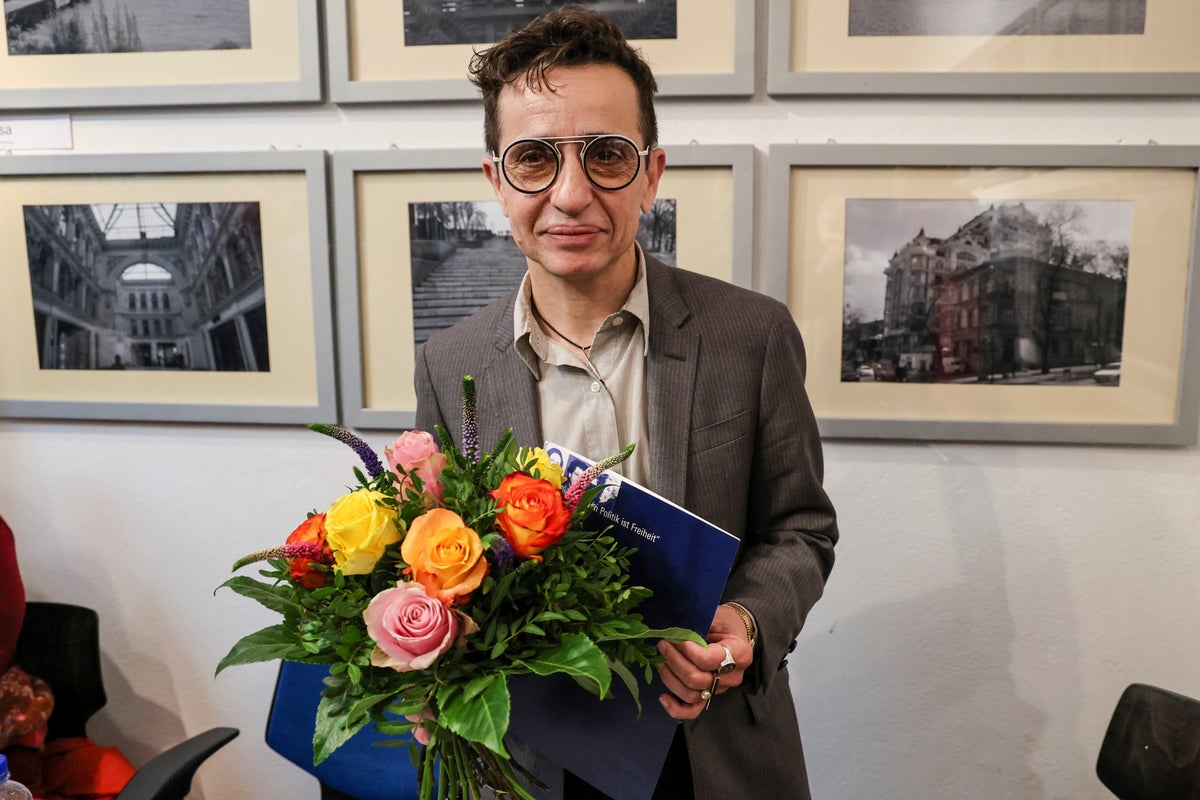
The Russian-American writer Masha Gessen received a German literary prize on Saturday in a ceremony that was delayed and scaled down in reaction to an article comparing Gaza to Nazi German ghettos.
The comparison in a recent New Yorker article was viewed as controversial in Germany, which strongly supports Israeli as a form of remorse and responsibility for murdering up to 6 million Jews in the Holocaust.
Criticism of Gessen's criticism of Israel's treatment of Palestinians comes as Germany grapples with the fallout from the Israel-Hamas war, both pro-Palestinian protests and pro-Israel demonstrations in reaction to rising antisemitism.
Gessen was originally due to receive the Hannah Arendt Prize for Political Thought on Friday in the city hall of Bremen, in northwest Germany, but the sponsoring organization, the Heinrich Böll Foundation, and the Bremen Senate withdrew from the ceremony.
It took place instead in a different location on Saturday with about 50 guests crowded into a small event room and with police security, the German news agency dpa reported.
In Gessen's article, titled “In the Shadow of the Holocaust,” the author explores German Holocaust memory and Israel's relationship with Palestinians.
Gessen writes that Gaza is “like a Jewish ghetto in an Eastern European country occupied by Nazi Germany.”
“The ghetto is being liquidated.”
The ghettos in German-occupied countries during World War II were open-air prisons where Jews were killed, starved and died from diseases. Those who didn't perish there were rounded up and transported to death camps where they were murdered, a process called “liquidation.”
The Böll Foundation called the comparison unacceptable, but the jury decided in the summer to award Gessen, an outspoken critic of Russian President Vladimir Putin. It said it couldn't cancel the award itself.







